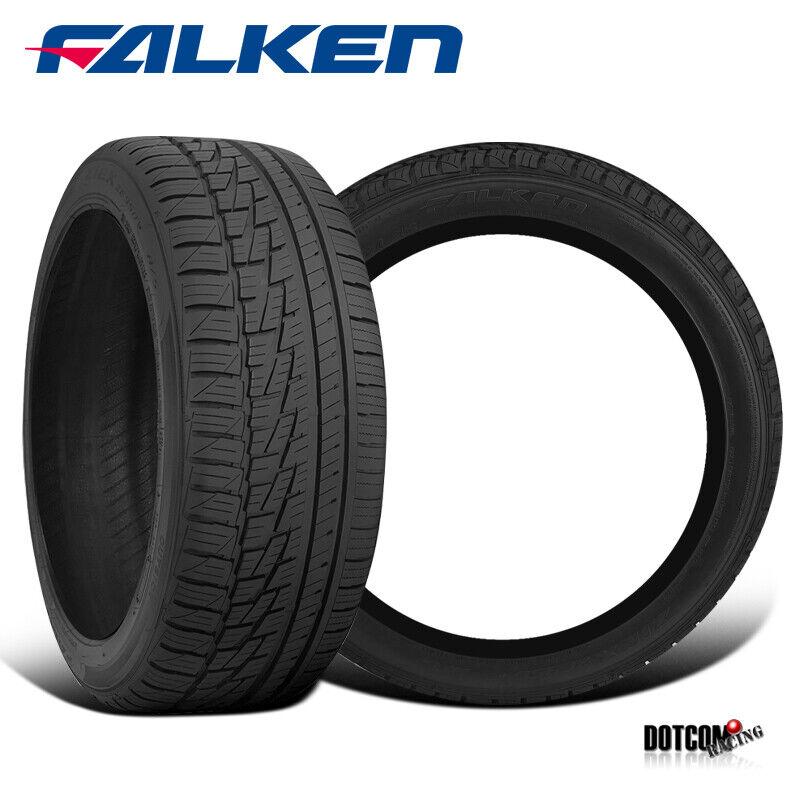The best trailer tires are those that are durable, have a high load carrying capacity, good traction, and are suited for the terrain and conditions they will be used in. When selecting the best tires for your trailer, factors such as size, weight rating, and type of tire should also be considered.
Proper tire maintenance, including regular inspection and inflation, is also essential for maximizing the lifespan and performance of your trailer tires. Trailer tires are an essential part of any trailer and can greatly affect its performance and safety. Without proper tires, your trailer could be prone to accidents and breakdowns, leading to costly repairs and even injuries.
It is essential to select the right tires for your trailer, taking into account factors such as load capacity, tire type, and the conditions in which the trailer will be used. In this article, we will discuss some of the best trailer tires on the market and what to look for when choosing the right tires for your trailer.

Credit: www.nytimes.com
Factors To Consider When Choosing Trailer Tires
As a responsible trailer owner, it is vital to ensure that your rig’s tires provide the best possible performance and safety during your journey. There are numerous factors to consider when selecting trailer tires, and we’ve outlined some of those factors below.
Durability And Longevity
Trailer tires’ durability and longevity are important because they carry heavy loads over long distances at high speeds. Factors that affect the life of a tire include the driving terrain, tire material, and the quality of the tire construction. When it comes to durability and longevity, consider the following:
- Look for high-quality tires constructed using premium materials.
- Ensure that the tire construction can withstand regular wear and tear.
- Avoid purchasing used tires as they may have received damage from previous owners or wear on components that aren’t easily visible.
Load Capacity
It’s critical to ensure that the trailer tires you select can handle the weight of the cargo and the trailer itself. The load capacity, or the maximum weight each tire can support, can differ from one tire to the next, and matching the load capacity to the weight of the trailer is vital for safety.
Here are some things to consider when selecting tires based on load capacity:
- Determine the load capacity of your trailer before purchasing tires.
- Take into account the cargo weight in addition to the trailer’s weight.
- Choose a tire that has a load capacity that meets or exceeds the trailer’s fully loaded weight.
Tire Size And Type
Tire size and type vary based on the type of trailer that you have. Before purchasing trailer tires, it’s important to ensure that you choose the right size and type for your specific trailer. Here are some tips for selecting the right tire size and type:
- Check the manufacturer’s recommendations for your trailer model and purchase a tire that meets or exceeds those specifications.
- Look for tires that have the same load capacity as your previous tires.
- Consider the climate in which you’ll be driving and choose an appropriate tire type, such as all-season, winter, or summer tires.
Tread Design
Tire tread design plays a significant role in providing traction and handling, particularly in wet and slippery road conditions. Here are some things to keep in mind when choosing a suitable tire tread design:
- Choose a tire tread design that is suitable for your typical driving conditions.
- Look for a tire that has deep grooves for better handling in wet conditions.
- Consider whether the tire has a directional or non-directional tread design based on the terrain you’ll be driving over.
Weather Conditions
The weather conditions you’ll be driving in can impact tire performance and longevity, so it’s important to take these factors into account when selecting the right tire for your trailer. Here are some tips to help you choose a tire that is well-suited to specific weather conditions:
- For wet or snowy climates, choose a tire with a tread designed for better handling in those conditions.
- If you live in an area with frequently changing seasons, consider purchasing all-season tires.
- In hotter climates, select a tire that can handle higher temperatures without degrading.
Selecting the right trailer tire can impact your driving safety and overall trailer performance. Keep these factors in mind when choosing your next set of trailer tires, and be sure to follow proper maintenance guidelines to keep them in top condition.
Maintenance Tips For Trailer Tires
Trailer tires are designed to withstand a lot of wear and tear, but they’re also prone to damage if not properly maintained. Here are some maintenance tips to help extend the life of your trailer tires:
Rotate Tires Regularly
Rotating your tires regularly can help distribute wear and tear evenly, which results in a longer lifespan for each tire. Here’s how to rotate your trailer tires:
- Jack up the trailer and remove the wheel
- Switch the back tire with the front tire
- Repeat for the other side
By doing this every 5,000 miles or when each tire reaches half its lifespan, you can significantly extend the life of your trailer tires.
Keep Tires Clean And Dry
Dirt and dust can accumulate on your tires, which can result in damage and punctures. Always keep your tires clean and dry by:
- Hosing them down after each use
- Keeping them away from direct sunlight
- Storing them in a dry, cool place
Ensure Tires Are Properly Inflated
Properly inflated tires can reduce the risk of blowouts and improve gas mileage. Refer to the manufacturer’s recommendations to ensure your trailer tires are properly inflated.
Check And Balance Tire Pressure Regularly
Checking tire pressure is important to maintaining stability and balance on the road. Some trailer tires require more air pressure than passenger car tires, so always refer to the manufacturer’s recommendations. Use a tire pressure gauge to check the pressure regularly.
Store Tires In A Cool And Dry Place
When not in use, store your tires in a cool and dry place. Keep them covered with a tarp to prevent dust, dirt, and other debris from accumulating on the surface. Proper storage can help prolong their lifespan.
The key to extending the life of your trailer tires is regular maintenance. With these tips and tricks, you’ll be able to keep your trailer tires in top condition for all your trips.
Frequently Asked Questions On What Are The Best Trailer Tires
What Should I Look For In Trailer Tires?
When choosing trailer tires, it’s important to consider factors such as load capacity, speed rating, tread pattern, tire size, and manufacturer-recommended psi. Make sure to choose tires that meet or surpass these specifications to ensure safe and reliable towing.
What’S The Difference Between Radial And Bias Ply Trailer Tires?
Radial trailer tires feature sidewalls that are perpendicular to the tread, while bias ply trailer tires feature diagonal sidewalls. Radial tires tend to offer better fuel economy, longer tread life, and improved stability at high speeds, while bias ply tires can handle heavier loads and are better suited to rough terrain.
Can I Use Regular Car Tires On My Trailer?
While it may be tempting to use regular car tires on your trailer, doing so can be dangerous. Car tires typically don’t have the load capacity necessary to safely haul heavy cargo, and they may not be designed to handle the unique stresses of towing.
Always choose tires that are specifically designed for trailers.
How Often Should I Replace My Trailer Tires?
Trailer tires tend to wear out faster than other types of tires due to the weight they bear and the stresses placed on them while towing. As a result, it’s generally recommended that you replace your trailer tires every three to five years, even if they appear to be in good condition.
What’S The Best Way To Maintain My Trailer Tires?
To get the most out of your trailer tires, it’s important to keep them properly inflated, inspect them regularly for signs of wear and damage, and store them in a cool, dry place when not in use. You can also help extend the life of your tires by avoiding sudden stops and starts, driving at a moderate speed, and avoiding overloading your trailer.
Conclusion
After reading through this post, it’s clear to see that choosing the best trailer tires is not a decision that should be taken lightly. With so many options available, it can be overwhelming to determine which ones will provide the necessary durability, longevity, and safety for your trailer.
By considering factors such as load weight capacity, tire size, and tread design, you can make an informed decision that will result in a smoother ride and greater peace of mind on the road. Remember to also properly maintain and care for your trailer tires to ensure their optimal performance.
Ultimately, investing in high-quality trailer tires is an investment in your safety and the longevity of your equipment.

